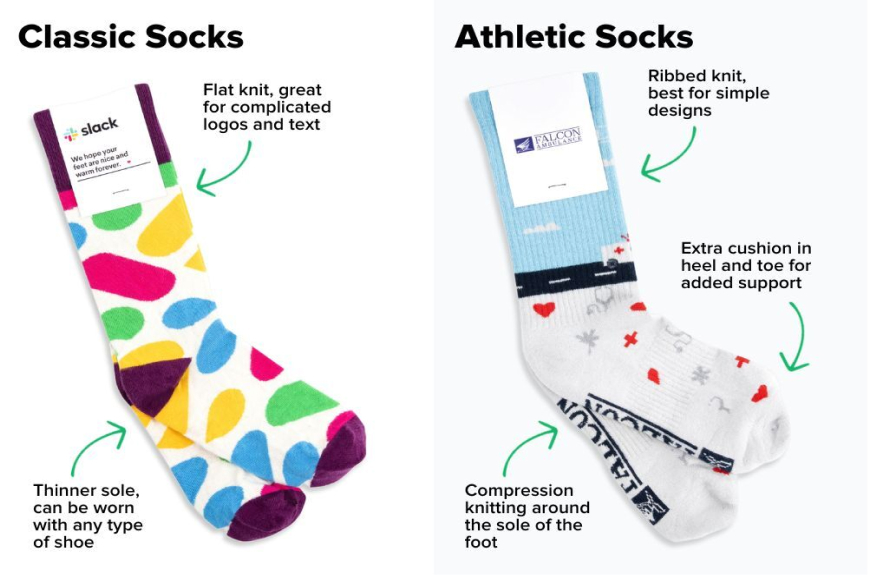When it comes to keeping your feet warm and cozy during chilly weather, choosing the right sock material is crucial. Both alpaca and wool socks have earned reputations as excellent insulators, but which one actually provides superior warmth? Let's dive into a detailed comparison to help you make an informed decision for your next cold-weather sock purchase.
Understanding Alpaca Fiber
Alpaca fiber possesses unique characteristics that make it an exceptional material for winter socks. The hollow core structure of alpaca fibers creates tiny air pockets that trap warmth effectively. This natural design makes alpaca socks incredibly thermal, often outperforming traditional wool in terms of heat retention. Additionally, alpaca fibers are notably softer and less likely to cause skin irritation compared to wool.
Wool's Time-Tested Performance
Traditional wool socks have been a winter staple for generations, and for good reason. Wool naturally wicks moisture away from the skin while maintaining its insulating properties even when damp. The crimp in wool fibers creates additional air pockets, contributing to its excellent thermal properties and making it one of the best choices for winter wear.
Temperature Regulation Comparison
While both materials excel at keeping feet warm, studies have shown that alpaca fiber can be up to five times warmer than wool. This superior warmth comes from alpaca's more efficient hollow fiber structure, which provides better insulation with less bulk. However, it's worth noting that wool generally offers better moisture-wicking properties.
Comfort and Durability
When it comes to comfort, alpaca typically has the edge. The absence of lanolin and smaller fiber diameter makes alpaca naturally hypoallergenic and softer. However, wool socks often prove more durable over time and may maintain their shape better through multiple washes.
Environmental Considerations
Both alpaca and wool are sustainable, natural fibers. Alpacas have a lower environmental impact as they're gentler on pastures and require less water than sheep. However, wool production is more widespread, making it generally more accessible and often more affordable.
Wrapping Up
While both alpaca and wool socks offer excellent warmth, alpaca socks generally provide superior thermal protection with less bulk. However, the choice between the two ultimately depends on your specific needs. If maximum warmth is your priority, alpaca is likely your best bet. If you're looking for durability and value, traditional wool socks remain an excellent choice. Consider factors like your local climate, intended use, and budget when making your decision.


